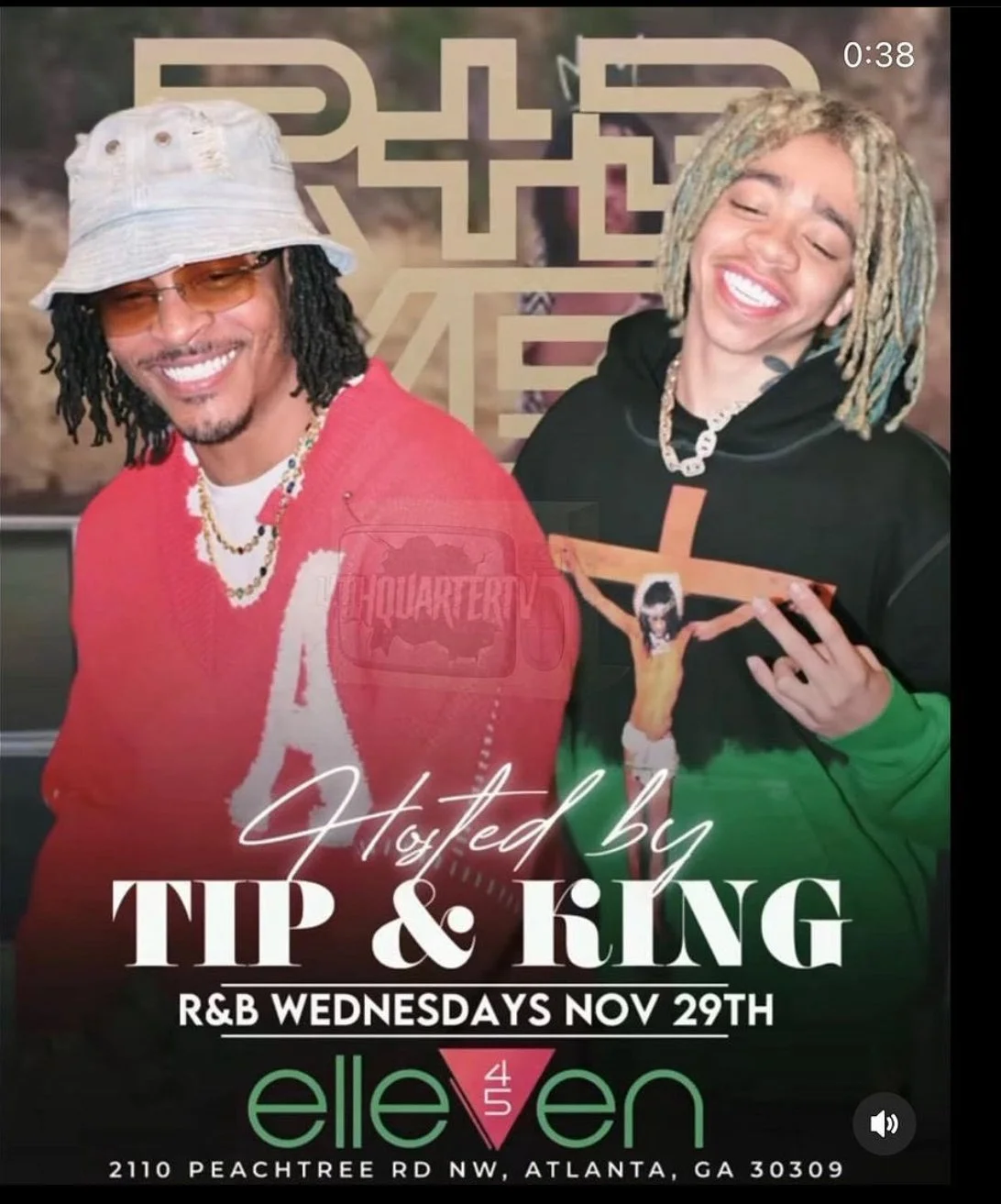Renowned rapper and entrepreneur T.I., also known as Clifford Harris, has found himself at the center of a controversy involving Atlanta club promoters who allegedly used his and his son King Harris's photos on flyers without permission. The incident sheds light on the importance of ethical business practices in the entertainment industry.
In a recent turn of events, T.I. publicly addressed the unauthorized use of his and King Harris's images on promotional flyers for Atlanta clubs. The rapper took to social media to express his dissatisfaction with the promoters and underscored the significance of respecting the rights of individuals, especially those in the public eye.
For celebrities like T.I., maintaining control over their public image is crucial for brand integrity. Unauthorized use of images for promotional purposes not only raises legal concerns but also challenges the carefully crafted public personas that artists work hard to establish. T.I.'s response sends a strong message about the need for transparency and respect in business dealings within the entertainment industry.
The incident highlights the legal complexities surrounding the use of celebrity images for promotional purposes. Celebrities possess the right to control how their likeness is used, and unauthorized use can lead to legal consequences. T.I.'s decision to address the issue publicly might serve as a deterrent against similar practices in the future and emphasizes the importance of seeking proper permissions.
As the entertainment industry continues to evolve, ethical considerations become paramount. Artists, especially those with influential platforms like T.I., have a role in shaping industry standards. By standing up against unauthorized use of his image, T.I. not only protects his personal brand but also contributes to a broader conversation about ethical conduct within the entertainment business.
T.I.'s public response also serves as a call for accountability within the Atlanta nightlife scene. The incident prompts reflection on the need for promoters and businesses to adhere to ethical standards when conducting promotional activities. Artists and their representatives are increasingly vigilant about protecting their intellectual property and brand, signaling a shift towards greater accountability within the industry.
In navigating this controversy, T.I. emerges not just as a celebrated artist but as a proponent of ethical business practices. The incident sparks conversations about the intersection of fame, business ethics, and the importance of upholding the rights of individuals within the entertainment industry.










